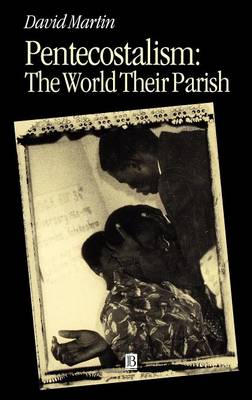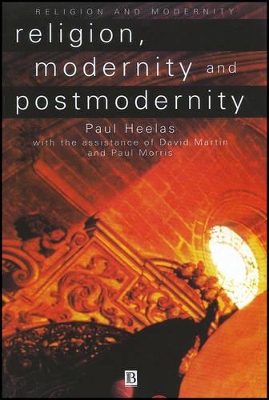Religion and Spirituality in the Modern World
1 primary work • 3 total works
Book 11
This insightful and provocative journey through spiritual landscapes explores the ways in which spiritualities of life have been experienced and understood in Western society, and argues that today's myriad forms of holistic spirituality are helping us to find balance in face of the stifling demands of twenty-first century living.
An enlightening book which explores the ways in which spirituality has been experienced and valued in Western society Traces the development of modern spirituality, from the origins of Romanticism in the eighteenth century, through to the counter-cultural sixties and on to the wellbeing culture of today Explores the belief that modern spirituality is merely an extension of capitalism in which people consume spirituality without giving anything back Contends that much of the wide range of popular mind-body-spirit practices are really an ethically charged force for the 'good life', helping us to find balance in the demands of twenty-first century living Written by an acknowledged world-leader working in the field Completes a trilogy of books including The Spiritual Revolution (2005, with Linda Woodhead) and The New Age Movement (1996), charting the rise and influence of spirituality today.
An enlightening book which explores the ways in which spirituality has been experienced and valued in Western society Traces the development of modern spirituality, from the origins of Romanticism in the eighteenth century, through to the counter-cultural sixties and on to the wellbeing culture of today Explores the belief that modern spirituality is merely an extension of capitalism in which people consume spirituality without giving anything back Contends that much of the wide range of popular mind-body-spirit practices are really an ethically charged force for the 'good life', helping us to find balance in the demands of twenty-first century living Written by an acknowledged world-leader working in the field Completes a trilogy of books including The Spiritual Revolution (2005, with Linda Woodhead) and The New Age Movement (1996), charting the rise and influence of spirituality today.
This book deals with the largest global shift in religion over the last forty years, the astonishing rise of Pentecostalism and charismatic Christianity.
Religion, Modernity and Postmodernity
by Paul Heelas, David Martin, and Paul Morris
Published 28 May 1998
Religion, Modernity and Postmodernity is the first book to engage the study of religion with contemporary theorizing about culture. It addresses important issues such as whether there are postmodern forms of religion, whether theories of religion framed in terms of modernity can be recast to suit new or emerging circumstances, and how the study of religion can be better integrated with recent developments in the study of culture.The book locates the contemporary study of religion in terms of general theorizing, covering such issues as choice, globalization, and what postmodern religion might look like. International perspectives are then introduced, and the postmodernity thesis is explored in connection with Eastern Europe, Japan and Latin America, and the "New Europe". Liberalism and fundamentalism are also addressed in other contexts, including Indonesia.In the concluding chapters of the volume the emphasis shifts away from the study of religion and cultural change to how postmodern thought, such as the rejection of metaphysics of presence, might serve to open up new theological possibilities.


